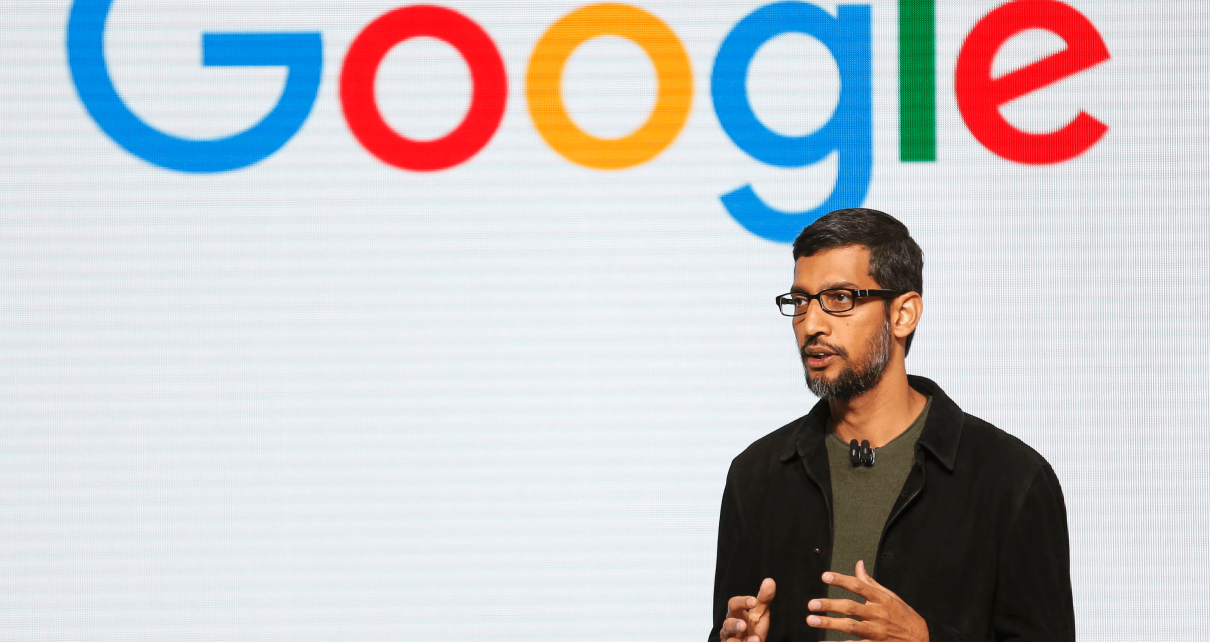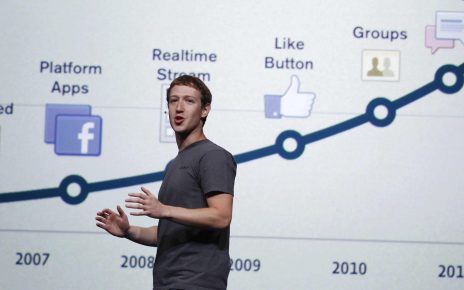A recent BuzzFeed profile of Google’s new CEO, Sundar Pichai, paints a picture of Pichai as an even-keeled, relatively predictable kind of guy.
Formerly Google’s product chief, Pichai became Google’s CEO in 2015, after the company reorganized its management structure. Google’s then CEO, Larry Page, became CEO of parent company Alphabet, which oversees Google as well as other initiatives, including Nest and Google Ventures.
Although he’s now in charge of one of the world’s most influential companies, Pichai is hardly the kind of emotionally volatile leader often seen in Silicon Valley — think Steve Jobs, for example.
And that seems to be a winning strategy for him.
BuzzFeed spoke to a former Google manager who described Pichai’s MO in meetings:
“He never aligned with Susan, or Marissa, or Omid, or even Eric.” (That’s Susan Wojcicki, Marissa Mayer, Omid Kordestani, and Eric Schmidt, all former and current Google executives.) “He always shot right down the middle. How could you ever really know what someone like that is really thinking?”
As BuzzFeed puts it, Pichai is a “kind of boring best-for-the-company man.”
In fact, research suggests that, contrary to popular belief, boringness is a key trait of effective leaders. According to Tomas Chamorro-Premuzic, a professor of business psychology, managers who are perceived as predictable and reliable tend to be the most effective.
Chamorro-Premuzic says that being “boring” is really about being emotionally mature, which means being emotionally stable, agreeable, and conscientious. He cites a study led by Timothy A. Judge, which found that effective leaders tend to be extroverted and conscientious, or sociable and hardworking.
Meanwhile, an analysis by Google, which was cited by Inc., revealed that the best leaders are predictable and consistent.
Sundar PichaiPichai is reportedly devoted to other people’s success.AP
Chamorro-Premuzic also explains that the most successful leaders don’t necessarily exude charisma, which he says is “just a politically correct term for narcissism.”
That suggests that another reason for Pichai’s effectiveness may be his devotion to his coworkers’ achievement — even if it means not drawing attention to himself.
As BuzzFeed reports, Pichai is “a leader capable of wrangling other very smart, very opinionated people” and has a “desire to see others succeed.”
Bottom line: If you’re looking to improve your leadership effectiveness, then it’s probably wise to emulate Pichai instead of Jobs. Though there are certainly exceptions, leaders who are steady and reliable, and who stay out of the spotlight, are generally the ones who lead their organizations to greatness.





